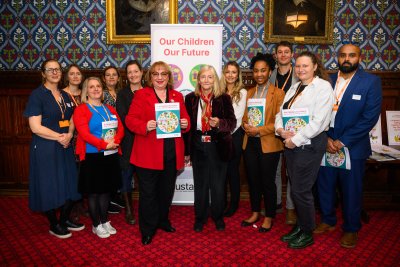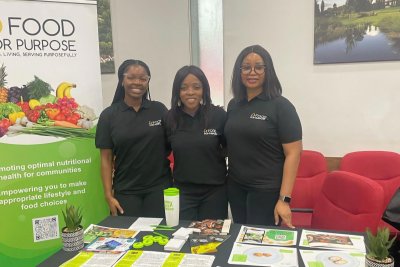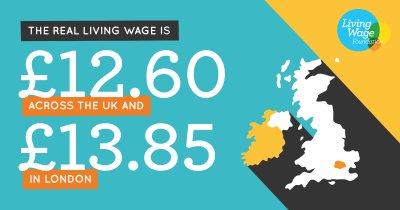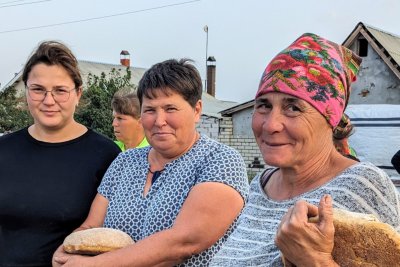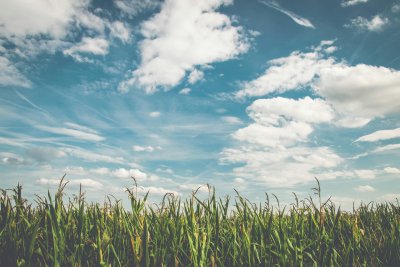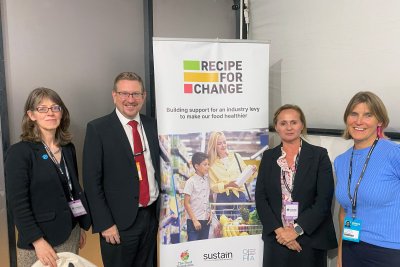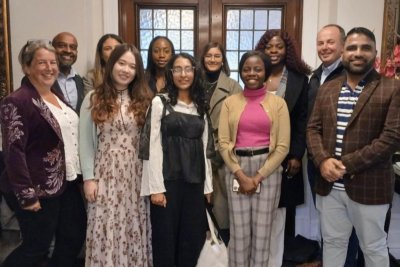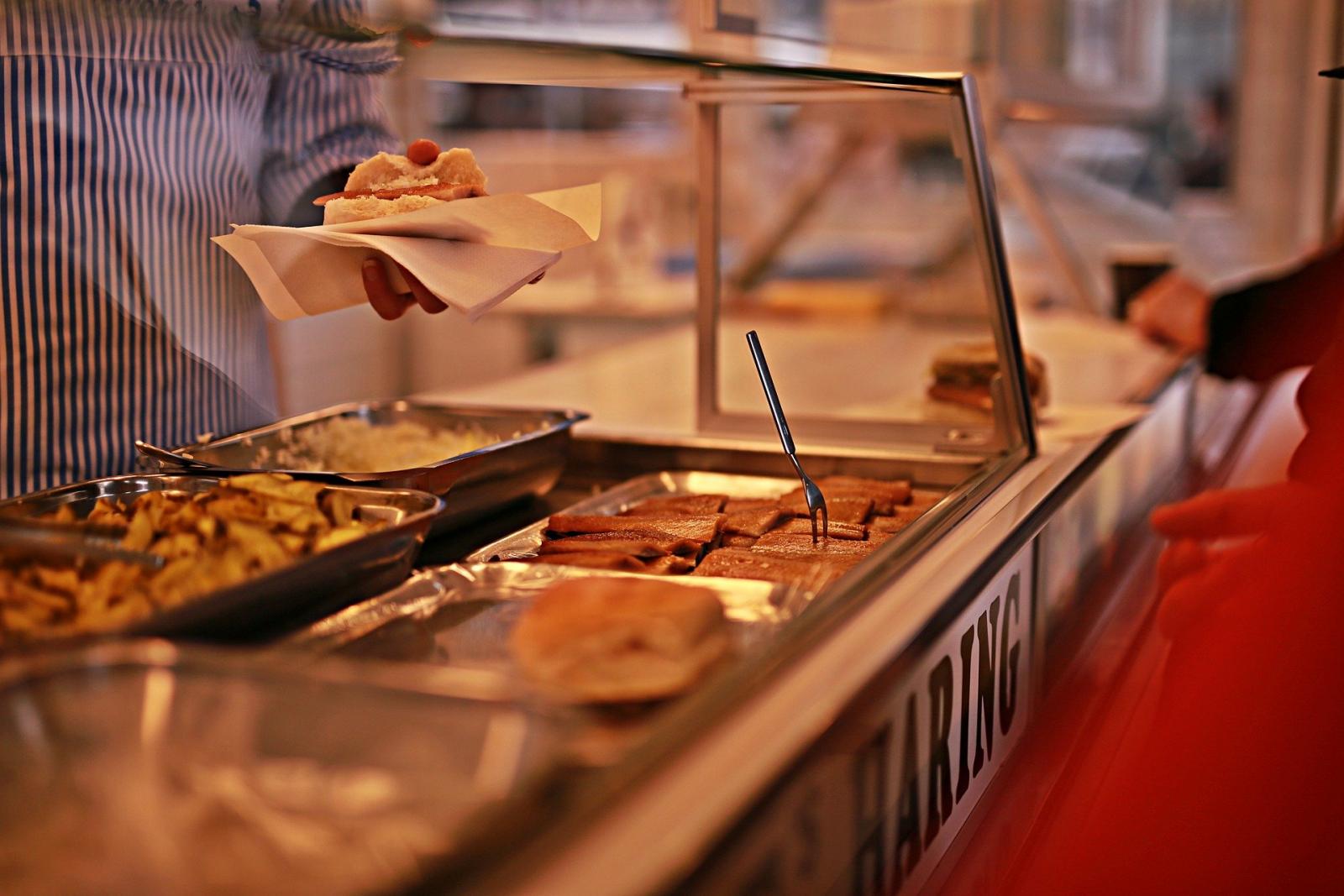 Image by Romain DEL BUONO from Pixabay
Image by Romain DEL BUONO from Pixabay
You may be one of around 400,000 people thinking about cutting out meat and dairy this month, or like some of us at Sustain, observing ‘Regenuary’ and choosing produce which is locally and seasonally farmed. These individual actions are absolutely fantastic, but an awful lot of the meat and dairy eaten in the UK is bought on our behalf by public sector institutions. With changes to our food system now recognised as vital to avert catastrophic climate change, and campaigns like Veganuary leading a clear shift in public opinion towards eating less and better meat, Ruth Westcott and Amy Luck consider which councils are procuring environmentally-friendly food, and offer some tips on how they could do better.
Local councils are responsible for buying an extraordinary amount of meat, dairy, fish and eggs for schools, council buildings, events, festivals, care facilities, leisure centres and libraries. In the UK, 30% of greenhouse house gas emissions come from the food system, and intensive fishing and farming practices are the main drivers of biodiversity loss, so local authorities have a real opportunity to set the standard for what a sustainable diet can look like in our local areas.
So which councils are taking steps to make the food they buy more climate and nature friendly and is your council one of them? Sustain surveyed all London councils as part of the Response, Resilience and Recovery report and we found some great procurement policies in our capital:
At the top of the class are Enfield - from what we understand, Enfield are the first local authority to commit to only vegetarian and vegan food at onsite events. This is a brilliant step – food waste at conferences, banquets and events can be around 30% and whilst it is regrettable to waste any food, it must be morally unconscionable to throw animal products in the bin. Enfield’s Cafés operated by the Council use locally sourced meat alongside a range of vegan and vegetarian options.
Tower Hamlets are working on serving environmentally friendly meals – their contracted services have meat free menus each Monday and fish on Fridays so meat is only served 3 times a week.
Southwark have meat free days and are working to include sustainable produce across the full menu.
Camden and Havering are also reducing meat served in schools. In Camden, Caterlink, the council's catering provider, has been reducing the amount of animal protein from their menus and replacing it with plant-based alternatives. In Havering the school catering service offers meat free days on school menus.
What about other councils?
In London, 22 of 33 London councils have declared a climate and nature emergency and 20 of these councils have released a climate action plan with policies and plans including food, this is impressive considering Sustain’s analysis found that only 13 councils nationally included substantial policies to tackle food emissions in their climate emergency plans.
In the Response, Resilience and Recovery report, 15 London councils told us that they are taking some action to serve more environmentally-friendly food in council catering including Sutton, Greenwich, Newham, Merton, Lewisham, Waltham Forest and Islington, but didn’t give much information about what that means, or tell us about specific actions to serve less and better meat.
Some councils have Food For Life accreditation, including Havering and Tower Hamlets with the Silver award for primary schools, which means school food is freshly cooked, and some ingredients are from local, organic, and certified sustainable sources. The accreditation doesn’t consider the amount of meat served, but insists on some higher quality and welfare standards.
So some councils are truly leading the pack, and proving that there is the will and interest in making sure the food bought on our behalf is helping ensure a sustainable future for our children. But there is a lot more that London’s councils can do and in fact most are missing some very easy ways to contribute to councils’ net zero targets, at very low (if any) cost. Every meal switched from ‘high meat’ to vegetarian saves about one kg CO2 and switched to vegan saves 1.5kg. An average council could save an estimated 2000 tonnes CO2 per year by going vegetarian for school meals*, the same as switching 54 busses to electric.
Our recommendations to all councils:
Serve less meat overall – perhaps with 2 or 3 meat free days a week, and/or low-meat dishes across the board
- Invest the saved spend in using better meat for the remaining days, including organic, free range, higher-welfare, pasture fed, and certified sustainable fish.
- Use pulses and grains high in protein
- Invest also in locally-sourced ingredients from smaller, shorter supply chains if possible, for example seasonal vegetables and fruit.
- Use meat free days in schools and public facilities as learning and public engagement opportunities
2020 was an incredibly difficult year for councils and 2021 has had a tough start too. Over this time, London councils have risen to the challenges of this pandemic and it’s no exaggeration that their services have saved many lives across our capital. But with our food and farming system at the heart of future threats from pandemics and the climate and nature emergency, all public institutions must take their responsibility seriously and food buying is one area in which councils have a big opportunity to make a difference. Buying better food (or buying food better), also creates a food system resilient to shocks, and supports the kinds of enterprises that offer decent jobs and livelihoods - helping protect people from vulnerability to future crises.
What can you do?
Sustain will be reporting on London Councils’ food buying again this year and we need your help to get the issue on their agenda. Tweet or email your councillors (you can find their emails easily here) to ask that they procure responsibly-sourced food, good for our health and the health of the planet.
You can also support our work in London by joining London Food Link, and join our mailing list to stay up to date on our work.
Are you a local authority working on good food procurement? Tell us! Get in contact with Ruth Westcott and see our recent blog on meat and dairy in public procurement.
Look out for the rest of our series and webinars following the report, which will be posted here
*We assumed an average council serves 18,000 meals per day, and that at the moment two-thirds of pupils choose meat every day.
Climate Change and Nature: Sustain has taken a keen interest in the rapidly accumulating evidence about the effect of food and farming on climate change and nature, as scientific evidence emerges that our food system is a very significant contributor to greenhouse gas emissions and biodiversity loss.
Sustain
The Green House
244-254 Cambridge Heath Road
London E2 9DA
020 3559 6777
sustain@sustainweb.org
Sustain advocates food and agriculture policies and practices that enhance the health and welfare of people and animals, improve the working and living environment, promote equity and enrich society and culture.
© Sustain 2024
Registered charity (no. 1018643)
Data privacy & cookies
Icons by Icons8
